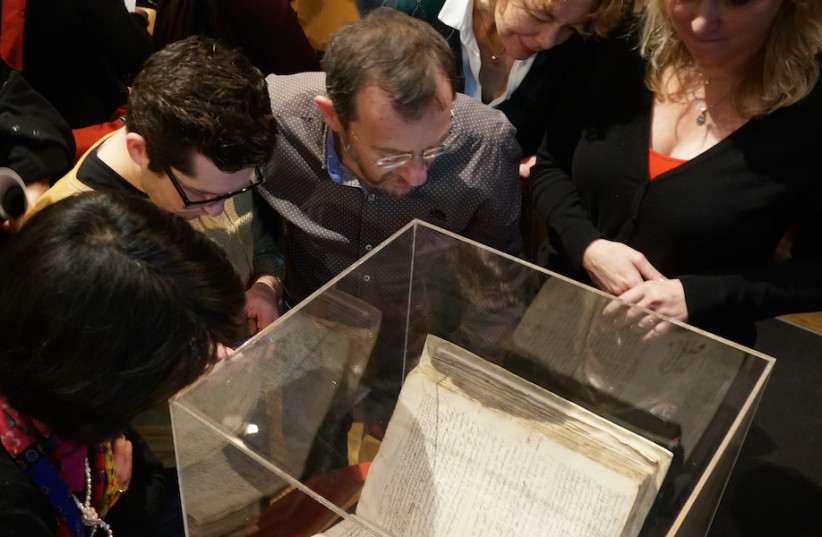More than 350 years after Baruch Spinoza was excommunicated from the Spanish-Portuguese Jewish community in Amsterdam, a leader of the community has banned a scholar of Spinoza’s work from visiting the community’s synagogue and library.
Yitzhak Melamed, a professor of philosophy at Johns Hopkins University, was denied his request to visit the synagogue with a film crew with plans to film Melamed conducting research in the library’s archives.
Responding to the professor in a letter, Rabbi Joseph Serfaty, a leader of Amsterdam’s Sephardic community, told Melamed he would not be welcomed into the building — a building in which Spinoza himself may have studied, as he was enrolled in the school that was once housed there.
“The chachamim and parnassim of Kahal Kados Torah excommunicated Spinoza and his writings with the severest possible ban, a ban that remains in force and cannot be rescinded. You have devoted your life to the study of Spinoza’s banned works and the development of his ideas,” Serfaty wrote, using the Hebrew words for the community’s leaders.


He concluded the letter by barring Melamed from the building. “I therefore deny your request and declare you persona non grata in the Portuguese Synagogue complex,” he wrote.
Spinoza was born into the Spanish-Portuguese Jewish community in Amsterdam and became a philosopher who laid the intellectual foundations of the Enlightenment. He was excommunicated by Amsterdam’s Jews in 1656 for heresy.
In 2015, the community hosted a debate over whether the excommunication should be lifted, but ultimately did not lift the ban.